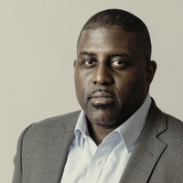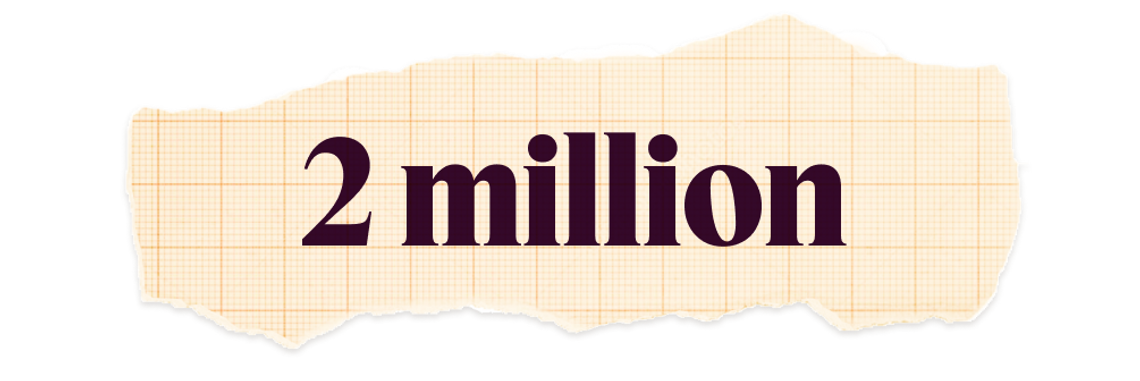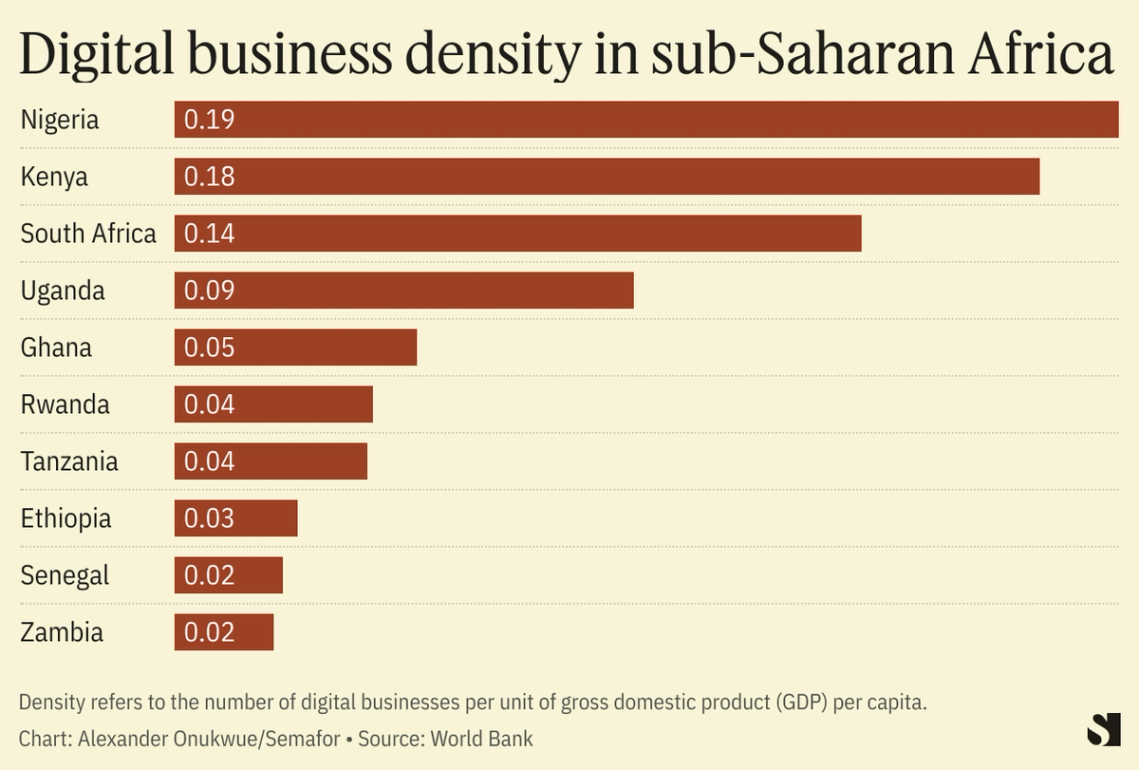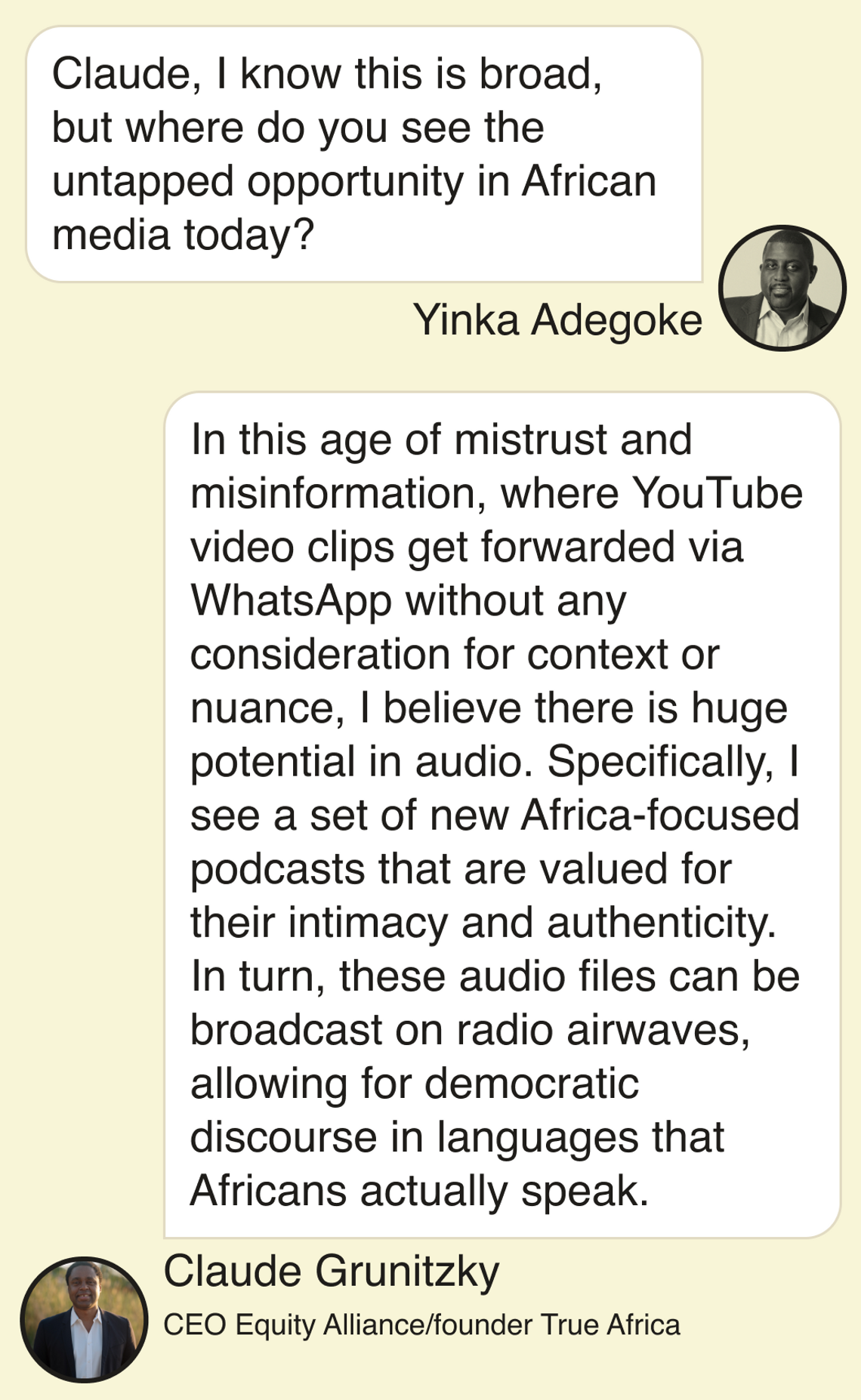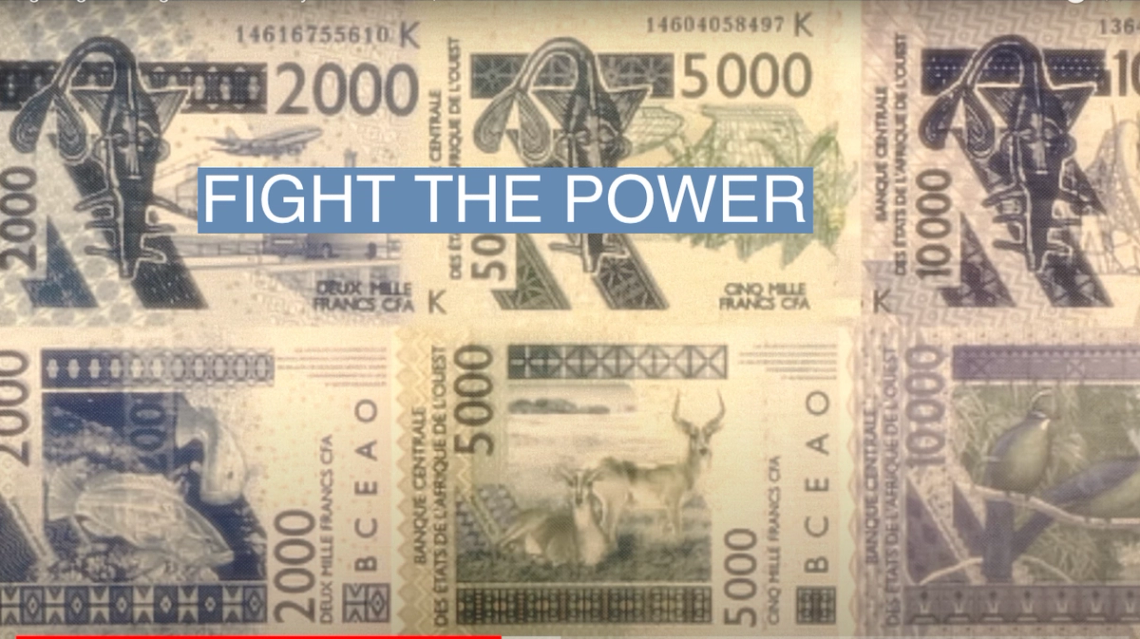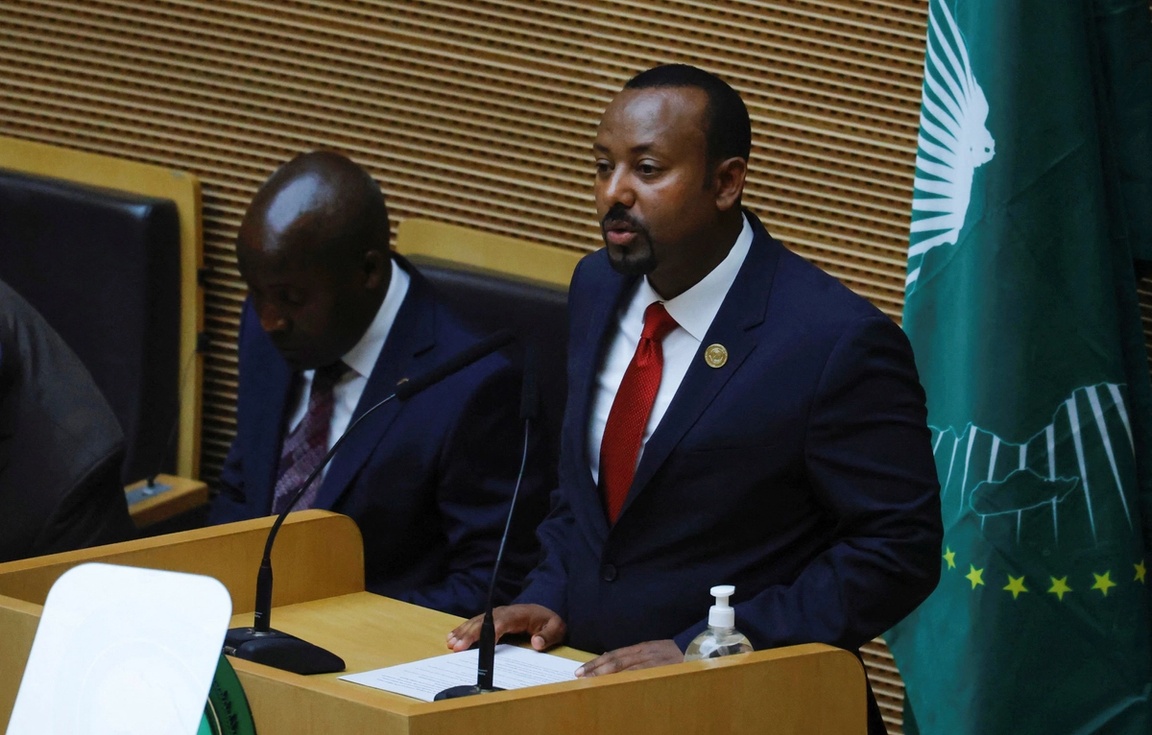 Reuters/Tiksa Negeri Reuters/Tiksa NegeriTHE NEWS ADDIS ABABA — Ethiopia has been exporting wheat to boost its dwindling foreign currency reserves, raising concerns that it could deepen a looming food crisis. The country is among a number of nations in the Horn of Africa on the brink of famine after five consecutive failed rainy seasons. U.S. Secretary of State Antony Blinken on Wednesday, during a visit to the capital Addis Ababa, announced more than $331 million in humanitarian aid would be provided to Ethiopia this year to help people affected by drought, food insecurity and conflict in Ethiopia. Despite its food crisis, Ethiopia’s government began exporting wheat to drought-affected neighboring nations last month after signing a $200 million deal with the World Food Programme in February to supply the crop to the humanitarian organization. But the import-dependent country is also grappling with a foreign currency crisis.The International Monetary Fund says the country’s foreign exchange reserves can finance less than one month’s worth of imports. Aid agencies have appealed to international donors to help Ethiopia avoid a famine but Prime Minister Abiy Ahmed’s government says it has enough wheat to feed the country’s 120 million people and meet its export obligations. Others fear the impact of exports. “The intention to export wheat while millions of Ethiopians are going hungry and making a full-blown PR campaign about the intended export shows the utter disregard Abiy’s administration has for Ethiopian citizens,” said Hone Mandefro, advocacy director of the Amhara Association of America group which has long been critical of the current government. Alemayehu Geda, an economics professor at Addis Ababa University, described the policy to export wheat in the midst of a potential famine as “unethical”. SAMUEL’S VIEW Ethiopia’s government is balancing two big problems — a faltering economy and the risk of famine which, according to the United Nations, threatens 24 million people. The country is sub-Saharan Africa’s biggest wheat producer but yields have not kept pace with population growth. Ethiopia had been importing around $600 million worth of wheat annually until harvesting changes in the last three years improved yields. But Ethiopia did not import wheat last year and the government has committed to becoming a net exporter. The export push is part of a plan to get forex the country desperately needs to import goods, while hoping that the crisis predicted by humanitarian experts fails to materialize. The two-year civil war in the northern Tigray region, which ended in November, has slowed the country’s ambition of becoming a middle income nation by 2025. With external debt mounting for years, the economic downturn is compounded by rising debt servicing costs. Ethiopia owes more than $29 billion to external creditors, according to the finance ministry. 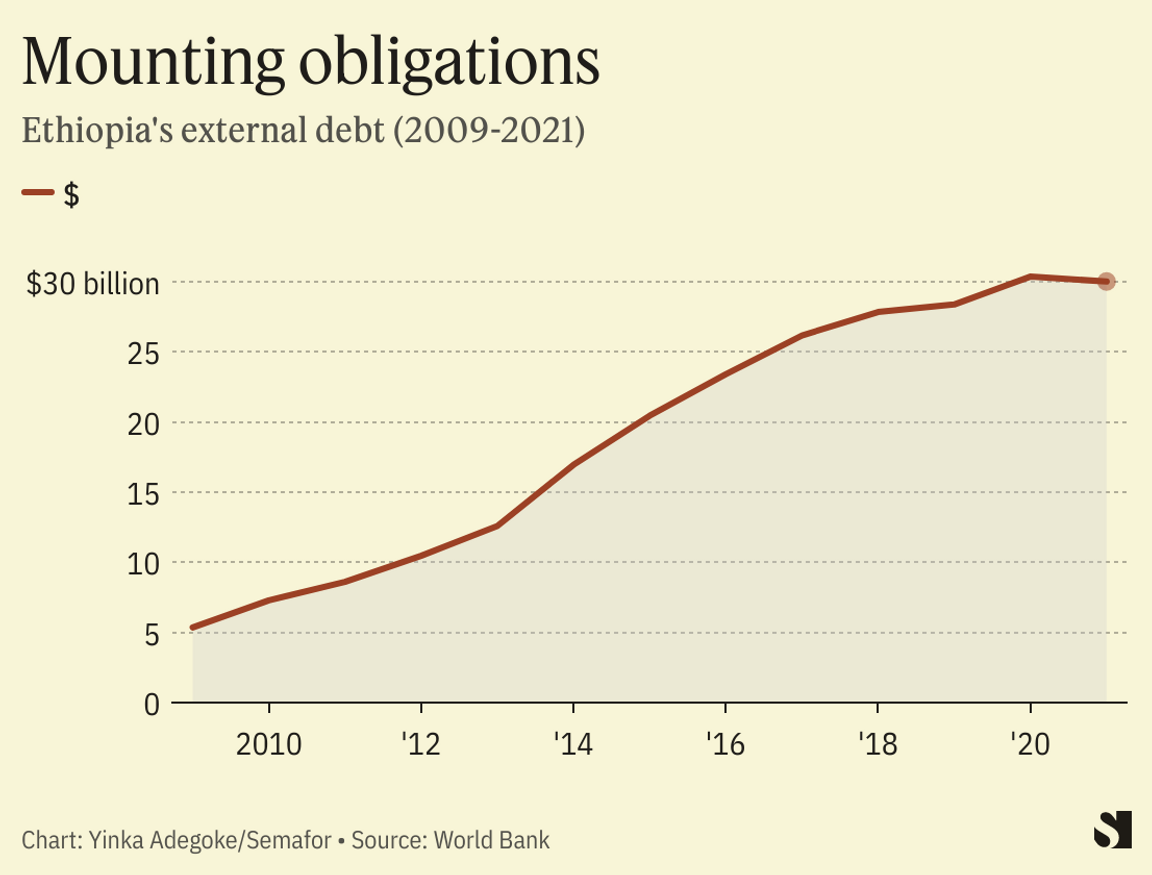 Last year Ethiopia imported goods valued at $18 billion, while it only managed exports worth $4 billion. In addition to maturing debt and dismal foreign exchange inflows, the cost of recovering from the devastation of the war requires more than $20 billion. With a lukewarm reception from the IMF, Ethiopia is once again turning to China to come to the rescue of its ruined economy and salvage key infrastructure damaged in its civil war. Most recently, a senior delegation led by Finance Minister Ahmed Shide was dispatched to Beijing late last month amid growing concern that Ethiopia may default on its mounting debt. ROOM FOR DISAGREEMENT “Ethiopia has the capacity to feed its population and produce marketable surplus that goes to the global market,” said Mandefro Niguissi, chief executive of the government-run Ethiopian Agricultural Transformation Agency. Mandefro, whose agency’s remit is to improve efficiency in the agricultural sector, said authorities estimate that 87% of wheat produced by Ethiopia’s farmers is consumed locally, leaving a 15 million quintal surplus. “The plan is to sell 10 million and keep the extra 5 million as contingency,” he said. THE VIEW FROM GENEVA Lawrence Haddad, executive director of the Global Alliance for Improved Nutrition, said international donors should set up a fund “to invest seriously in making the food systems of the Horn of Africa more resilient and less affected by shocks,” while also addressing immediate emergency food needs. “Treatment without prevention leads to exhaustion of donors and suffering of people,” he said. NOTABLE - At a meeting of the African Union in February, Ethiopia’s Prime Minister Abiy Ahmed told delegates: “Not only will Ethiopia feed itself; we are confident that we can strongly contribute to global food supplies through exports and otherwise.” He said the country has been working diligently to enhance agricultural productivity in the past four years with the launch of initiatives including one that encourages small-holder farmers to farm in clusters that enable them to benefit from irrigation and mechanization.
- Ahead of the U.S. secretary of state’s visit, Ethiopia asked the Joe Biden administration to reinstate its duty-free access to the US market, arguing that “exceptional circumstances” warrant an immediate re-examination of its suspension from the African Growth and Opportunity Act (AGOA) program.
| 
